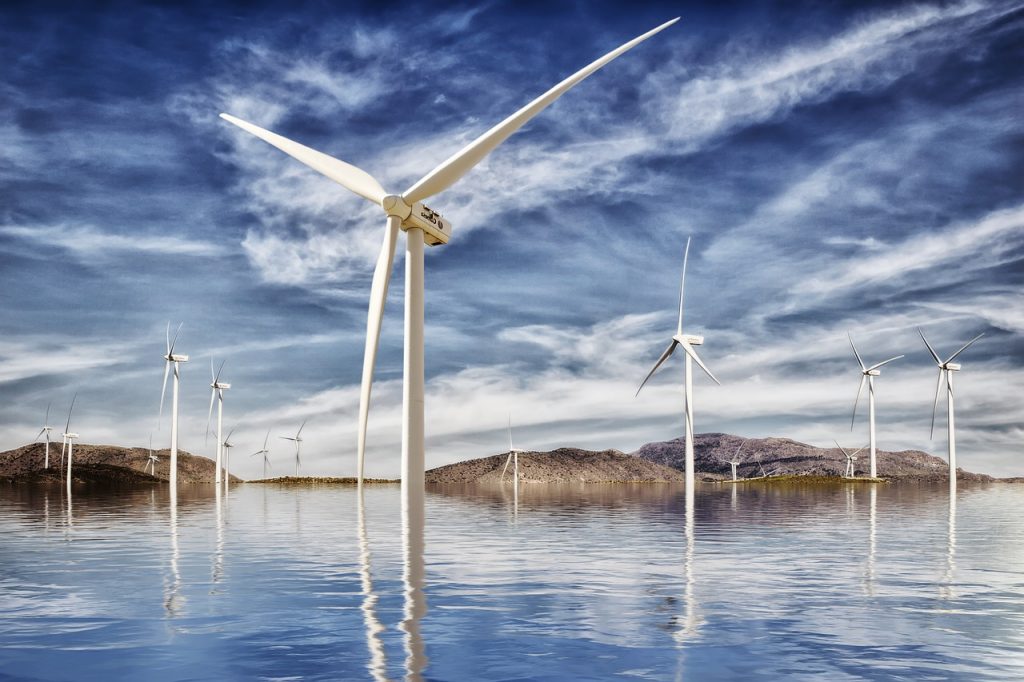Corporations Allegedly Caught Lying About Their Commitment To Clean Energy
A transition to clean energy needed to happen yesterday, unfortunately, many corporations are lying about their commitments to do so.
This article is more than 2 years old

The fight against climate change has entered the global zeitgeist. For the most part, the conversation becoming a widely discussed topic has led to big emitters of carbon and pollutants making pledges towards clean energy. But when businesses are still unequivocally profit-driven, plans to integrate greener energy sources can ultimately be a facade. New research shows that huge corporations that have made these pledges are often responsible for hefty carbon emissions.
The study was recently published in Nature Climate Change, documenting the mathematics and statistics of certain corporations that have made clean energy pledges. The math mostly shows that these businesses often emit more greenhouse gasses than they admit. The issue around businesses disguising their malpractice is the easily accessible Renewable Energy Certificate. Though this certificate is supposed to document a company’s transformation from coal and fuel to clean energy, it mostly means that a business has promised to support green energy projects anywhere in the world. Companies have flown under the radar of legitimate scrutiny by achieving this certificate.
Even with the Renewable Energy Certificate, many corporations’ clean energy is run by electricity that’s powered by fossil fuels. Purchasing certificates are more symbolic than an actual reflection of a company’s carbon emission reduction. Anders Bjørn, one of the recent study’s authors, elaborated on cleaner energy business options. To consumers and media outlets, having physical verification may trick people into thinking that “the company is physically using 100 percent renewables.” As the study shows, this is far from the truth. Companies that display these certificates frequently use more fossil fuels than they disclose.
A total of 115 companies across different industries, including Microsoft, Ford, and Best Buy, were surveyed and inspected in the clean energy study. Each industry made some type of agreement to scale back its carbon emissions and implement clean energy sources. All the companies studied agreed to have reduced their greenhouse gas emissions by an average of 30%, which is a widely exaggerated figure. The research revealed that companies only scaled back by an average of 10%, far less than the fossil fuel mitigation they’re alleging.
Many of the authors who worked on the study say the biggest issue is the Renewable Energy Certificate. To customers, the physical verification signals that the company is working with clean energy sources. But the certificate doesn’t reveal any figures or statistics about the business’s reduction of greenhouse gas emissions. It also doesn’t outline what the company does to curtail its fossil fuel usage. The only power surrounding a certificate is tricking consumers into thinking the company is doing more for the earth than it tangibly is.
As the Renewable Energy Certificates are losing traction and credibility, some companies are establishing a different type of agreement to aid their clean energy journey. Known as power purchase agreements, or PPA, this deal is made between a developer and a business to transform their fossil fuel emitters into something greener. This could mean pledging to install a certain amount of solar panels or construct a wind farm. This can help direct businesses to actual environmental progress instead of purchasing a certificate that often has minimal ecological improvements.




